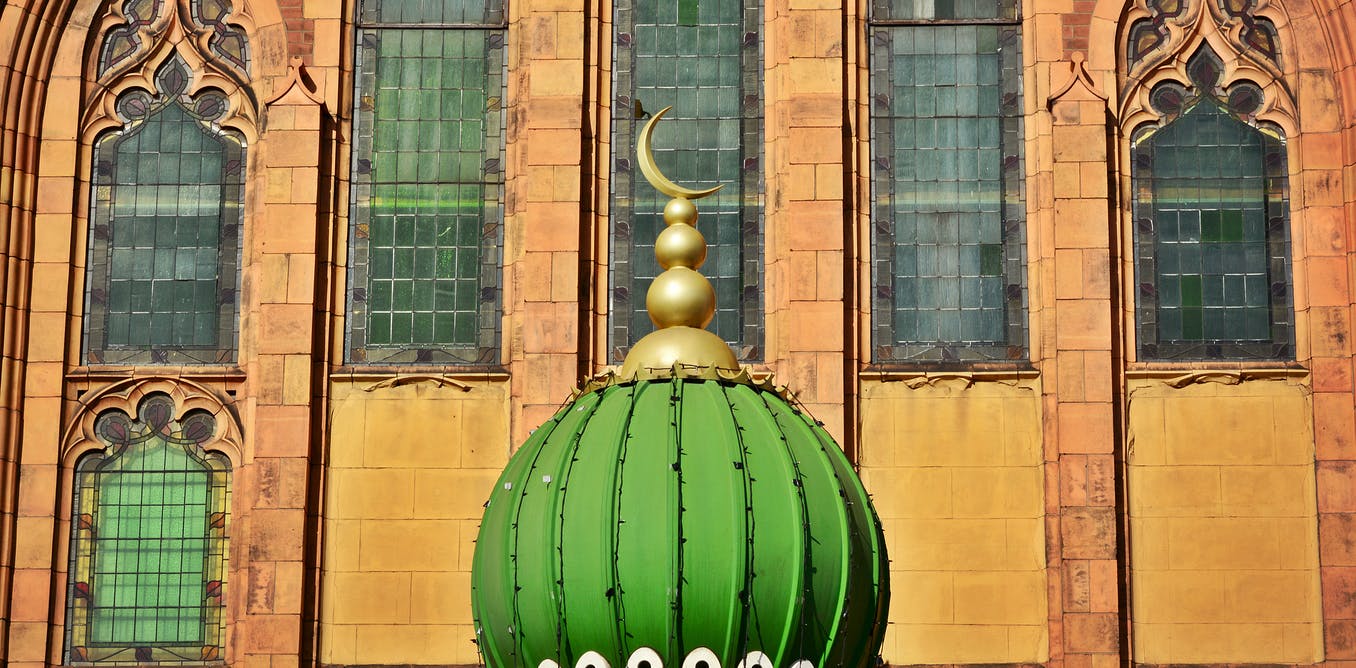By Marcus Nicolson
(THE CONVERSATION) Scotland has always considered itself a society that is “open, inclusive and outward-looking” according to its first minister, Nicola Sturgeon. But the nation’s popular and persistent belief that it does not have a problem with racism has been contradicted by a study by Tackling Islamophobia, a cross-party group of the Scottish government. This starkly reveals that 75% of Muslims experienced Islamophobia as a regular or everyday issue.
According to race think-tank the Runnymede Trust, Islamophobia is defined as “hatred or fear of Muslims or of their politics or culture” and can include “any distinction, exclusion, or restriction towards, or preference against Muslims”. Non-Muslims also find themselves victims of Islamophobia when they are mistakenly identified as Muslims, an all-too-common experience for ethnic minorities in Scotland.
The report highlights that Muslim women are most likely to suffer from discrimination. The majority of respondents believe that Islamophobia is getting worse in Scotland, with Glasgow showing the highest levels. Mainstream print and broadcast media were seen to promote Islamophobia by the majority of the study’s respondents. Social media was also cited as an arena where Islamophobic attitudes are circulated in Scotland. However, Islamophobia in Scotland is most often experienced on the street in the form of verbal abuse.
Muslims in Scotland have responded by changing their everyday habits in efforts to hide their Islamic identities. Some choose not to wear a headscarf or speak in a foreign language on public transport, for example.
Scottish exceptionalism
Scotland has largely escaped criticism in public debates on race and racism due to the commonly held attitude that there is no problem to discuss. Scottish political elites have helped to advance the narrative that Scotland is more collectivist in nature and places a higher value on social welfare, making it exceptional in this issue to other parts of the UK, including England.
